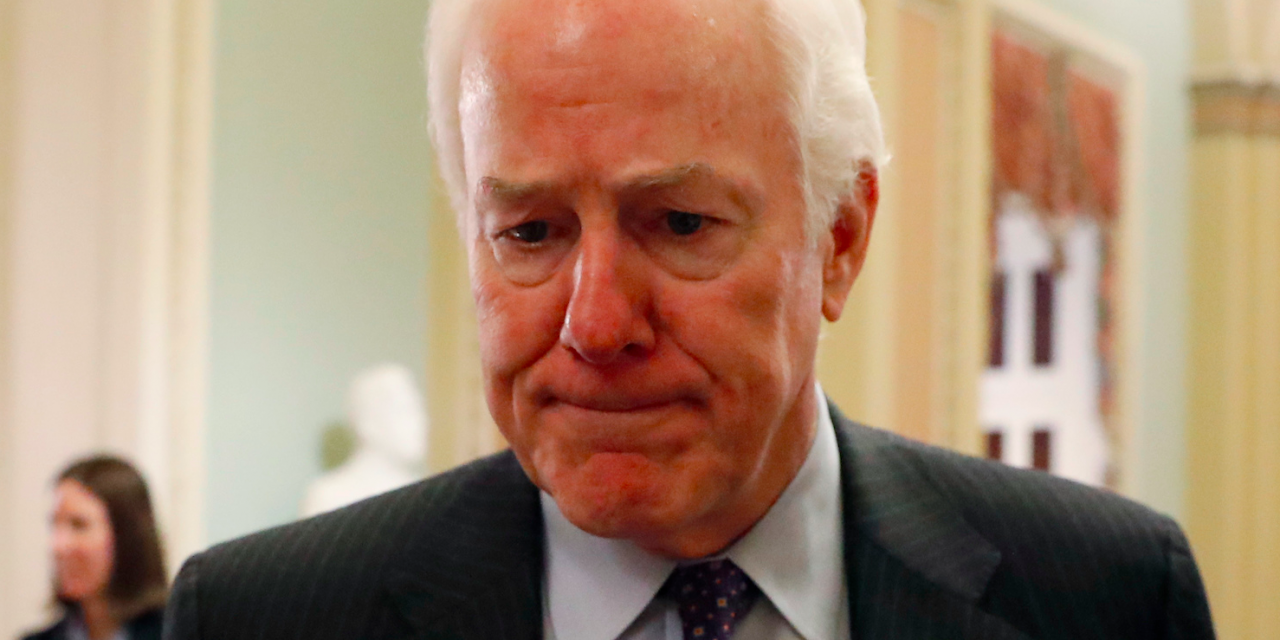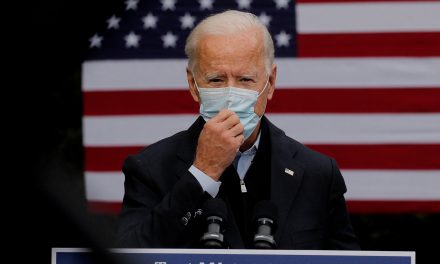Senior Republican lawmakers are expressing serious misgivings about a lawsuit the Republican attorney general of Texas is leading against the election results in four swing states, reflecting deep divisions in the party over the legal strategy.
Even as more than 100 House Republicans on Thursday signed an amicus brief in support of the Texas lawsuit aimed at overturning the election results in four swing states, Sen. John Cornyn (R-Texas) said he was puzzled by the legal theory behind the challenge.
Cornyn, a former Texas Supreme Court justice, said it’s inappropriate for states to interfere in the laws of other states.
“I do not understand the legal theory. I don’t want other states having a chance to change Texas law based on a similar effort. If you can do it for the election, you can do it if somebody wanted to challenge, for example, Texas law on the Second Amendment,” he said.
Senate Republican Whip John Thune (R-S.D.) said Thursday he agrees with Cornyn’s concerns.
“I just don’t know why a state like Texas which never wants anybody telling them what to do, now wants to tell a bunch of other states how to run their elections. I doubt the Supreme Court will take it up,” he said.
House Minority Leader Kevin McCarthy (Calif.), the top-ranking Republican in the lower chamber, declined to comment about the lawsuit when asked about it multiple times Thursday.
He and Conference Chairwoman Liz Cheney (Wyo.), the third-ranking House Republican, did not sign the amicus brief, but Minority Whip Steve Scalise (La.), the second-ranking GOP lawmaker in the House, and Rep. Jim Jordan (Ohio), the top Republican on the Judiciary Committee, did attach their names.
Cornyn, a member of the Judiciary Committee, said he’s worried the case being brought by Texas and backed by President Trump plus 18 other GOP state attorneys general could open the door to unintended consequences
“I’m not sure where that theory leads,” he said, raising the possibility of states raising future legal challenges against a variety of other states’ laws.
Cornyn said states should maintain sovereignty over their own election laws.
“If people do have constitutional challenges, the place to make those are in their respective states,” he said. “Obviously the ones that have been made have not proven effective, leading to this novel approach.”
Cornyn predicted the Supreme Court won’t agree with Texas attorney general’s arguments.
That view is shared by a number of election law experts who have panned the lawsuit as far-fetched and unserious, and having little chance of succeeding in its quest to change the election result.
Rick Hasen, a law professor at the University of California Irvine, said that among other major defects, the legal challenge hinges on Texas’ authority to litigate how other states conduct their elections — a power the state lacks, according to Hasen.
Read more at The Hill: GOP divided by pro-Trump Texas election suit | TheHill





